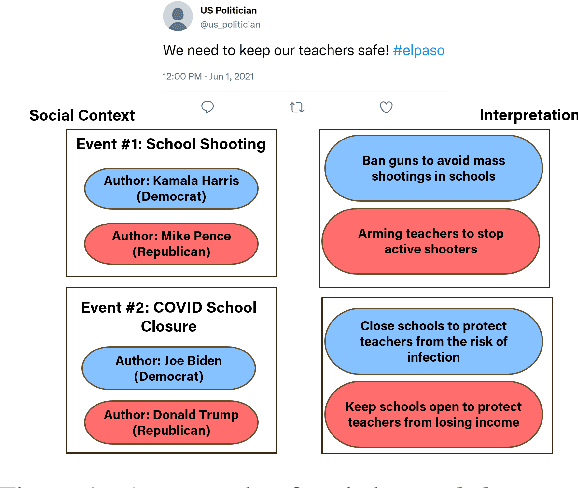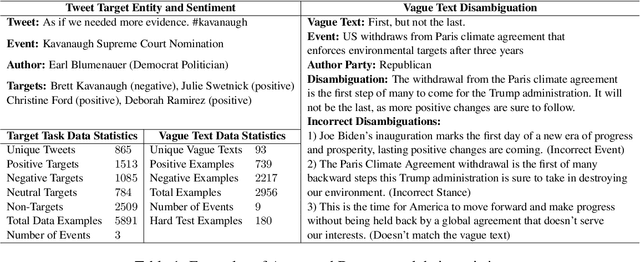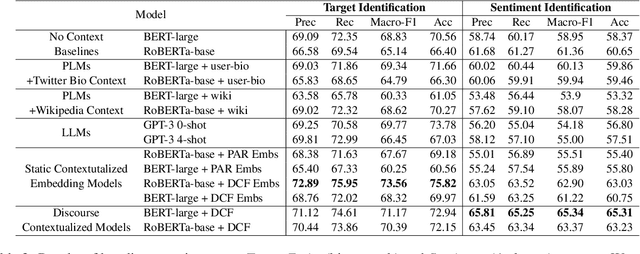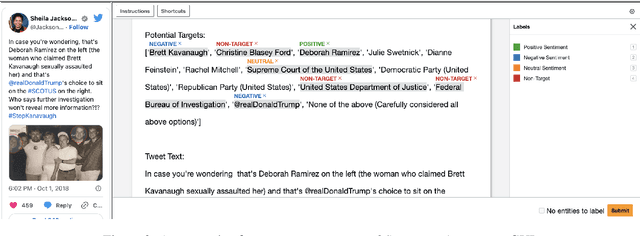Chengfei Wu
MagiC: Evaluating Multimodal Cognition Toward Grounded Visual Reasoning
Jul 09, 2025Abstract:Recent advances in large vision-language models have led to impressive performance in visual question answering and multimodal reasoning. However, it remains unclear whether these models genuinely perform grounded visual reasoning or rely on superficial patterns and dataset biases. In this work, we introduce MagiC, a comprehensive benchmark designed to evaluate grounded multimodal cognition, assessing not only answer accuracy but also the quality of step-by-step reasoning and its alignment with relevant visual evidence. Our benchmark includes approximately 5,500 weakly supervised QA examples generated from strong model outputs and 900 human-curated examples with fine-grained annotations, including answers, rationales, and bounding box groundings. We evaluate 15 vision-language models ranging from 7B to 70B parameters across four dimensions: final answer correctness, reasoning validity, grounding fidelity, and self-correction ability. MagiC further includes diagnostic settings to probe model robustness under adversarial visual cues and assess their capacity for introspective error correction. We introduce new metrics such as MagiScore and StepSense, and provide comprehensive analyses that reveal key limitations and opportunities in current approaches to grounded visual reasoning.
"Hiding in Plain Sight": Designing Synthetic Dialog Generation for Uncovering Socially Situated Norms
Oct 01, 2024Abstract:Naturally situated conversations capture the underlying social norms appropriate for the topic of conversation, the relationship between interlocutors and their communicative intent. This paper proposes a framework for controlled generation of dialogues, spanning a wide range of interlocutors attributes (such as age group, profession and personality types), relationship types, conversation topics and conversational trajectories. We use this framework to generate NormHint, a collection of dialogues consistent with these rich settings and analyzed for norm violation leading to conflicts, and potential steps for avoiding these conflicts by adhering to social norms and preferring respectful utterances maintaining the communicative intents of the original utterance. We present the results of human validation and automated analysis of NormHint and show it captures a wide range of conversational topics and scored highly by humans for the naturalness of the conversations based on the prompted context.
"We Demand Justice!": Towards Grounding Political Text in Social Context
Nov 15, 2023



Abstract:Social media discourse from US politicians frequently consists of 'seemingly similar language used by opposing sides of the political spectrum'. But often, it translates to starkly contrasting real-world actions. For instance, "We need to keep our students safe from mass shootings" may signal either "arming teachers to stop the shooter" or "banning guns to reduce mass shootings" depending on who says it and their political stance on the issue. In this paper, we define and characterize the context that is required to fully understand such ambiguous statements in a computational setting and ground them in real-world entities, actions, and attitudes. To that end, we propose two challenging datasets that require an understanding of the real-world context of the text to be solved effectively. We benchmark these datasets against baselines built upon large pre-trained models such as BERT, RoBERTa, GPT-3, etc. Additionally, we develop and benchmark more structured baselines building upon existing 'Discourse Contextualization Framework' and 'Political Actor Representation' models. We perform analysis of the datasets and baseline predictions to obtain further insights into the pragmatic language understanding challenges posed by the proposed social grounding tasks.
 Add to Chrome
Add to Chrome Add to Firefox
Add to Firefox Add to Edge
Add to Edge